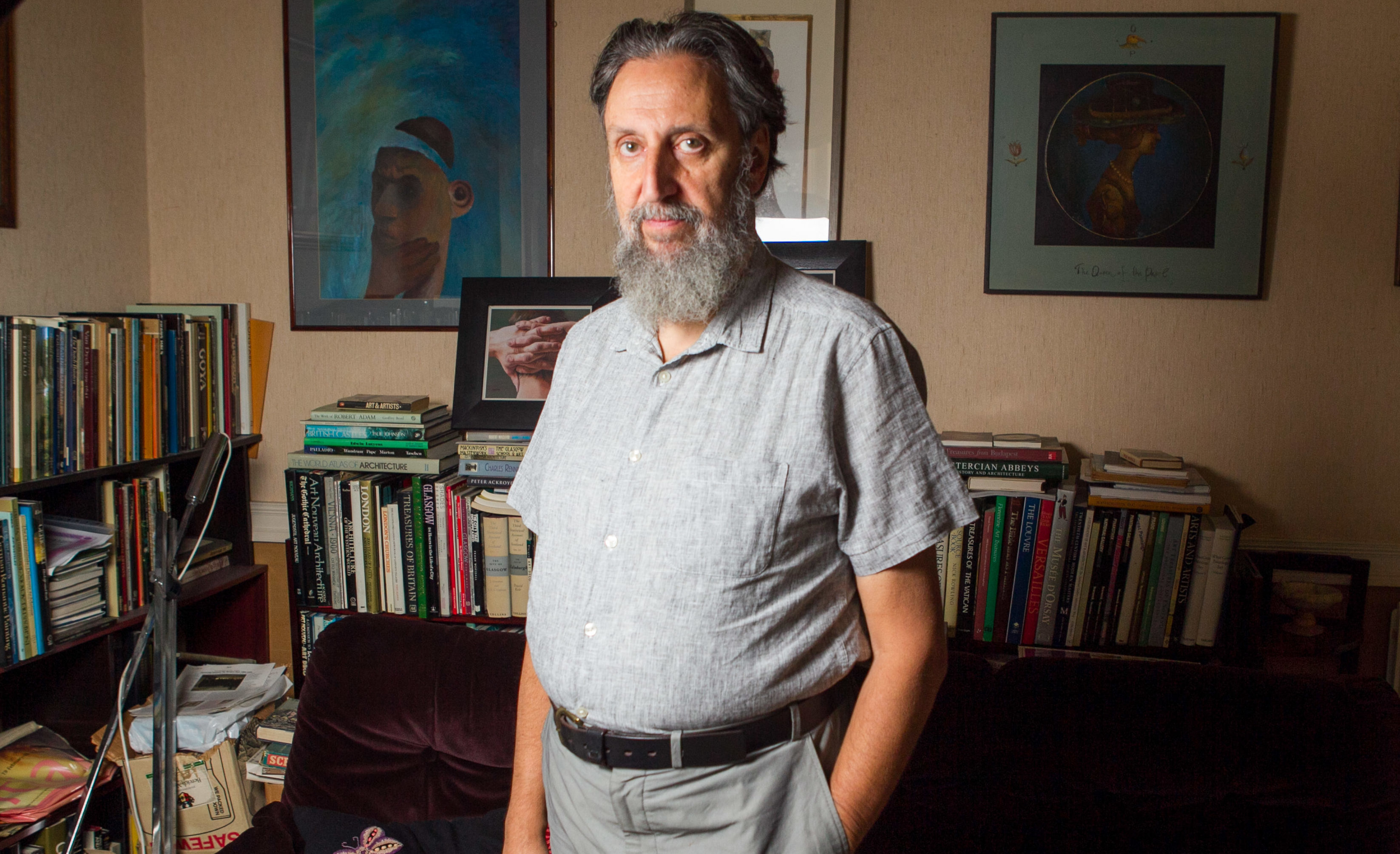
SCOTTISH Jewish leaders have urged Labour to do more to ease fears of anti-Semitism within the party.
Richard Leonard, Scottish Labour leader, broke his silence on the issue yesterday but, according to critics, failed to make the party’s position any clearer.
Speaking on Friday, before Mr Leonard’s interview, Ephraim Borowski, director of the Scottish Council of Jewish Communities, said the Central Scotland MSP had to “come off the fence”.
He said: “I would urge him to clear up where he stands on the whole issue and to make clear that Scottish Labour is not part of the complacency on anti-Semitism that UK Labour appears to be caught up in.
“Reports of anti-Semitic comments by senior figures surface almost daily, yet the leadership takes no action.
“Labour’s National Executive Committee rejected the internationally accepted definition of anti-Semitism in favour of their own watered-down version designed to let less savoury members off the hook.
“As with hate attacks on other minority groups, anti-Semitism is still a problem in Scotland so the views of the politicians, of any persuasion, is important as they often set the tone for the rest of society and there can be no room for any doubt on this issue.”
Yesterday, Mr Leonard backed “further discussion and dialogue” hours after Labour leader Jeremy Corbyn tried but failed to ease the crisis by promising to root out anti-Semites in his party.
Mr Leonard, who had faced calls to speak out on the issue, said the party needed to win the confidence of Jewish supporters and did not rule out adopting the full version of an internationally recognised anti-Semitism code.
His first public comments on the row echoed an article by Mr Corbyn published yesterday, which said anti-Semitism was a “real problem” that Labour was “working to overcome”.
Mandy Rhodes: At a time of strife, this self-harm of Labour is a dangerous indulgence
However, critics yesterday accused both Labour leaders of failing to properly address the concerns of the Jewish community. Yesterday, Mr Leonard admitted it was “not a very good situation”, and added: “I am willing to recommend we have further discussion and dialogue with the Jewish community in Scotland, which I intend to lead.
“We need to get to a position where not only have we got a very robust code on anti-Semitism within the Labour Party – which we are striving to achieve – but also which allows for freedom of speech, a discourse around Palestine and Israel.
“There has got to be a way through this, and the way through this may be that we do, in the end, adopt in full all of the working examples in the internationally acccepted code.”
Mr Leonard was speaking on the Sabbath, the Jewish holy day, which meant none of Scotland’s Jewish leaders were in a position to react to his comments. Some critics said publication of Mr Corbyn’s article on a Saturday had also effectively blocked Jews from responding.
The code of conduct row centres on the fact Labour hasn’t accepted a list of “contemporary examples of anti-Semitism” used by the International Holocaust Remembrance Alliance (IHRA).
Instead the party has come up with its own examples, which it says are “derived in part from the IHRA guidelines” but the move has been criticised as a watering down.
Last week five of Mr Leonard’s shadow cabinet colleagues broke rank and said the party should adopt the full IHRA code.
Mr Corbyn insisted he will root out anti-Semites from his party and acknowledged mistakes in the way the party had handled the row.
At the end of a bruising week which has seen complaints about his behaviour and a request for the human rights watchdog to investigate the Labour Party, Mr Corbyn said: “No one can, or should, try to dismiss or belittle the concerns expressed by so many Jewish people and organisations about what has been happening in the party I am proud to lead.”
But the chairman of the Campaign Against Antisemitism Gideon Falter said: “There is no acknowledgement of his own role in this crisis.”

Enjoy the convenience of having The Sunday Post delivered as a digital ePaper straight to your smartphone, tablet or computer.
Subscribe for only £5.49 a month and enjoy all the benefits of the printed paper as a digital replica.
Subscribe